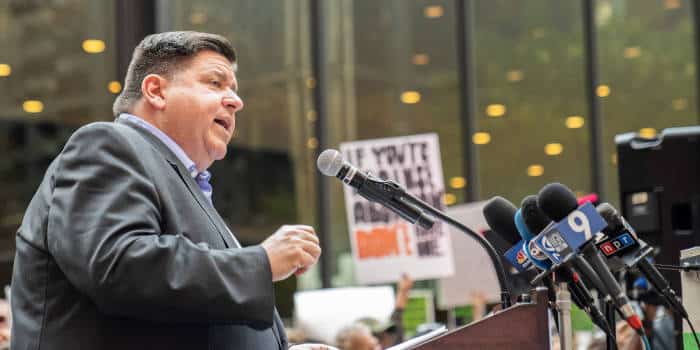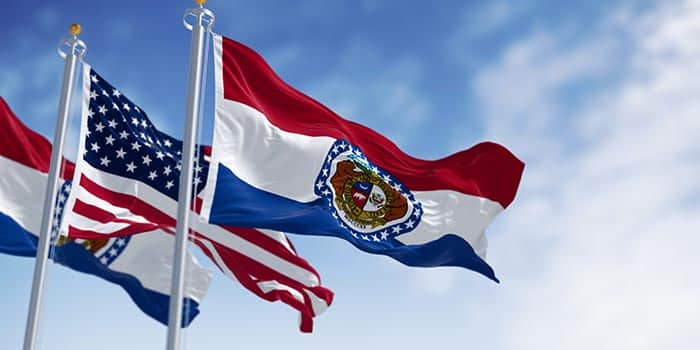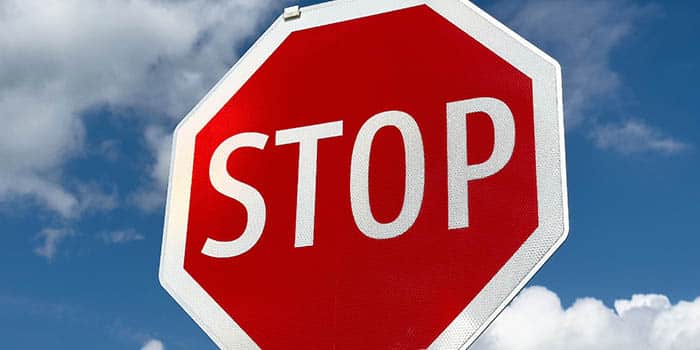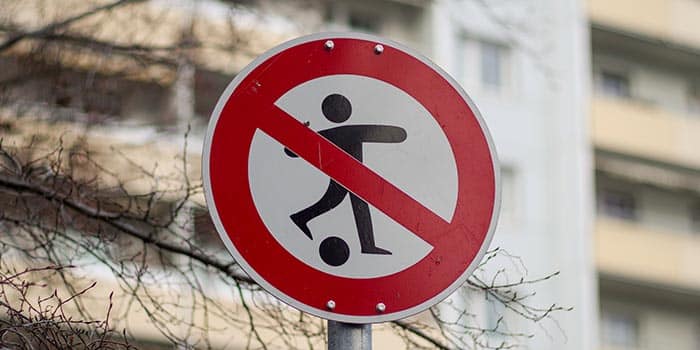Fact-checked by Stoyan Todorov
Canadian Gaming Association Raises Concerns Over Market Channelization
Channelization rate has been used as the core metric to gauge the effectiveness of jurisdictions’ existing gambling regulation, and whether it needs to be improved
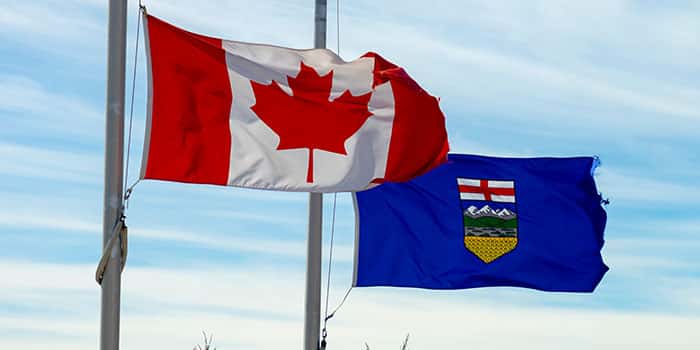
The Canadian Gaming Association (CGA) has teamed up with polling agency Ipsos to try and gauge the exact channelization rate in core jurisdictions and whether existing regulation has had a positive impact on local gambling habits.
Canadian Players Turning to Offshore Gambling En Masse
The study focused on Alberta and British Columbia, with the channelization rates locally indicating that, while the majority of players stick to unlicensed gambling options.
Based on the survey conducted between February 24 and March 24, interviewing 1,319 players in Alberta and 1,312 players in British Columbia, the CGA and Ipsos pinged the number of people to have only played at unregulated gambling companies at 77.3% and 60.4%, respectively.
This means that only 22.7% of the people surveyed in Alberta have used the officially regulated website, PlayAlberta, which is the de facto monopoly. A similar picture emerges in British Columbia, where only 39.6% of those interviewed used PlayNow, the only regulated website in the province.
What this means is that the provincial monopoly has fallen short of expectations and has not produced any meaningful results, with the majority of players still preferring unregulated websites instead. Ontario, in contrast, is said to be hovering at a 90% channelization rate, far better than the numbers posted by Alberta and British Columbia.
However, there are a lot of factors that contribute to people ending up with an unregulated website. Lack of awareness is one. People who play at unregulated websites are very likely not to be aware that they are actually doing – one in two people in both Alberta and British Columbia did not know that they had registered and played with an unregulated website.
British Columbia Looking to Switch to Licensee-Based Model
Another factor is game variety, but also – speed of payments. Speed of payment has been cited as a major reason for many players to consider playing at a website that may not necessarily be regulated, although players seldom ask themselves this question, looking for features and functionality over licensing.
If there is one thing that the survey by the CGA and Ipsos indicates, that is that the provincial monopoly model is not working. British Columbia is already looking to break away from the monopoly model and switch to an Ontario-based licensee gambling framework.
Jerome brings a wealth of journalistic experience within the iGaming sector. His interest in the industry began after graduating from college, where he regularly participated in local poker tournaments. This exposure led him to the growing popularity of online poker and casino rooms. Jerome now channels all the knowledge he's accrued to fuel his passion for journalism, providing our team with the latest scoops online.



